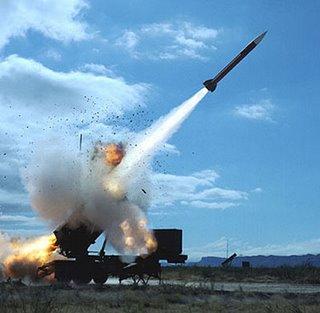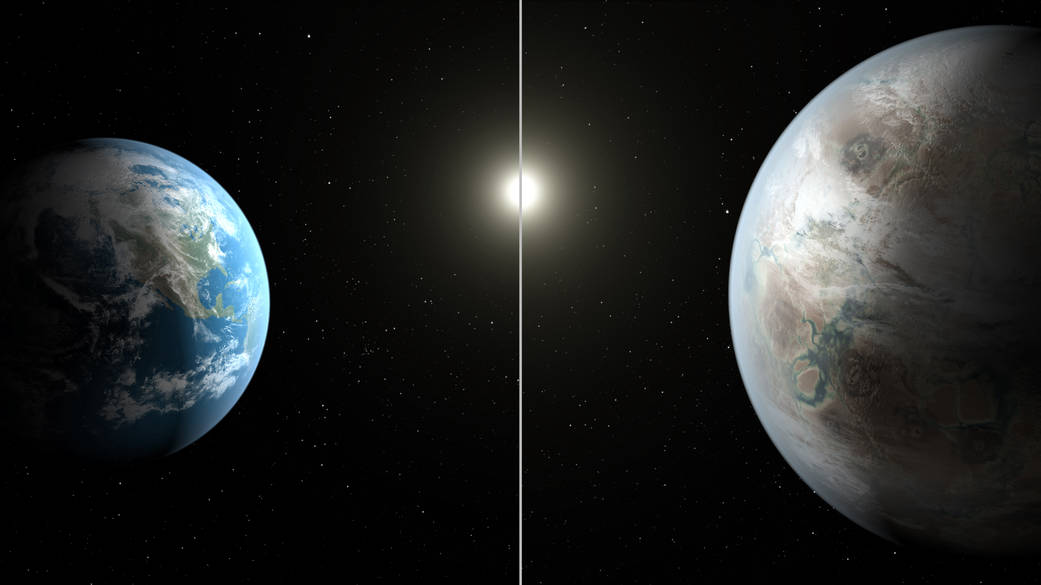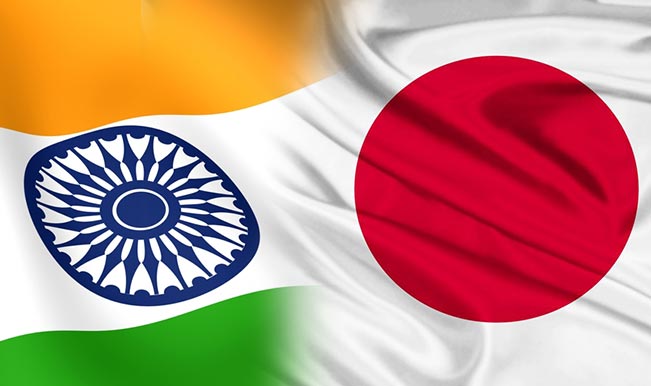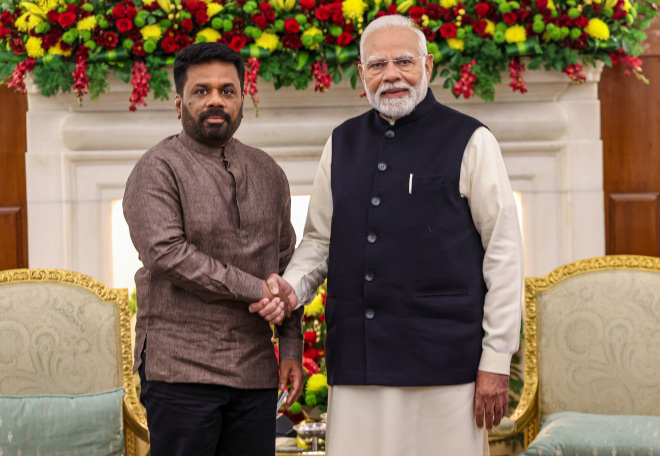
DALLAS (BNS): US defence major Lockheed Martin has received a US $1.5 billion contract for the production and delivery of Patriot Advanced Capability-3 (PAC-3) missiles and PAC-3 Missile Segment Enhancement (PAC-3 MSE) missiles.
The contract includes PAC-3 and PAC-3 MSE interceptor deliveries for the US Army, and Foreign Military Sales of PAC-3 interceptors, associated equipment and spares for the Republic of Korea, the Kingdom of Saudi Arabia, Qatar, Taiwan and the United Arab Emirates, the company announced on July 24.
"The PAC-3 and the PAC-3 MSE interceptors are the most advanced, capable and reliable terminal air defence missiles in the world," said Scott Arnold, Lockheed Martin's vice president of PAC-3 programmes.
"As threats grow in complexity, these interceptors will continue to be in high demand to protect soldiers and citizens around the globe."
The PAC-3 Missile is a high velocity interceptor that defends against incoming threats including tactical ballistic missiles, cruise missiles and aircraft using hit-to-kill technology.
PAC-3 currently provides missile defence capabilities for six nations -- the US, the Netherlands, Germany, Japan, United Arab Emirates and Taiwan; and Lockheed Martin is on contract with four additional nations -- Kuwait, Qatar, South Korea and Saudi Arabia.
Building on the combat proven PAC-3, the PAC-3 MSE missile uses a two-pulse solid rocket motor that increases altitude and range to meet evolving threats.
 Previous Article
Previous Article Next Article
Next Article













The Indian Air Force, in its flight trials evaluation report submitted before the Defence Ministry l..
view articleAn insight into the Medium Multi-Role Combat Aircraft competition...
view articleSky enthusiasts can now spot the International Space Station (ISS) commanded by Indian-American astr..
view article